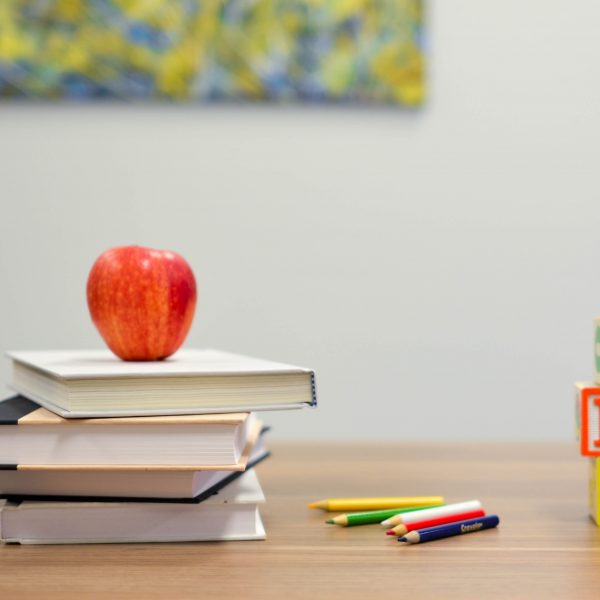Behaviour management or behaviour guidance?

Early childhood teachers employed by Goodstart Early Learning had the opportunity to explore principles of guiding children’s behaviour at the 2019 Goodstart Early Learning teachers conference recently, under the guidance of child psychologist, Dr Louise Porter.
Dr Porter’s presentation was part of the broader Being a Teacher: Integrating Identity, Theory and Practice conference, where she was joined by leading education expert Sir Kevan Collins, Semann and Slattery co-director Anthony Semann, and early childhood educator Kirsty Liljegren.
Touching on the variety of theoretical perspectives in the early childhood education and care (ECEC) sector, Dr Porter explored studies and research demonstrating that processes, policies and procedures which centre on a behaviour guidance model, where children are supported to make good decisions, and retain autonomy, is superior and more effective than the traditional methods which focus on control, punishment and reward.
The ‘controlling’ method, where children are punished for negative or undesirable behaviour, and rewarded for good behaviour, Dr Porter said, was based on negative beliefs that children are attention seeking, manipulative and misbehaving deliberately. The guidance method, however, trusts that children are cooperative and that they do well when they can.
“We all need self-esteem to successfully navigate life, and we get that from being connected to others, or being self governed” Dr Porter said, advocating for children’s rights to autonomy.
The behaviour guidance method centres on viewing children as people, who want to, and will, do well when they can. Just like adults, Dr Porter said, most children want to be liked, accepted and successful. If children are making mistakes, it’s likely because they lack the skill to carry out tasks successfully.
Dr Porter said 80 per cent of children want adults in their lives to like them: “We don’t need consequences to teach these children a lesson because they have already learnt it. However, 20 per cent are prepared to risk your displeasure to prove to you that you can’t make them comply – but the more you try to control those children, the worse their behaviour will get.”
The Being a Teacher: Integrating Identity, Theory and Practice conference was a representation of the Goodstart’s commitment to its people, General Manager of Pedagogy and Practice Sue Robb said.
“With the right people we can do anything, and we need to invest in our people so that they are as skilled and knowledgeable as they can be to deliver the best early learning for our children,” she said.
Goodstart Early Learning employs more than 1,000 early childhood teachers throughout the country and aims to increase that number by 2020 to ensure there are at least two teachers in each of their centres.
Further information about the conference can be found here and here.
Popular

Workforce
Policy
Quality
Practice
Provider
Research
ECEC must change now, our children can’t wait for another inquiry
2025-07-02 07:47:14
by Fiona Alston

Practice
Provider
Quality
Workforce
Leading with Curiosity: How distributed leadership is redefining the future of early childhood education
2025-07-03 07:42:07
by Contributed Content

Events News
Workforce
Marketplace
Practice
Quality
Provider
Research
An exclusive “Fireside Chat” with ECEC Champion Myra Geddes
2025-07-01 11:25:05
by Fiona Alston













